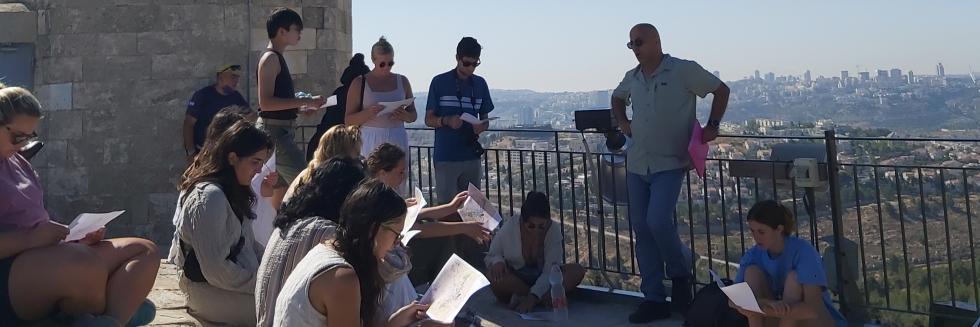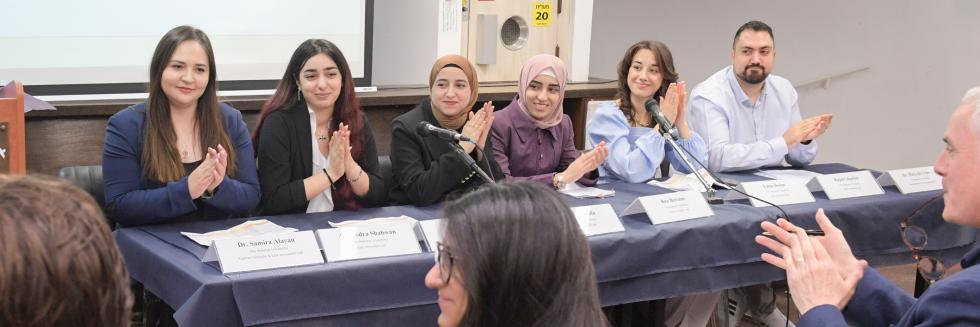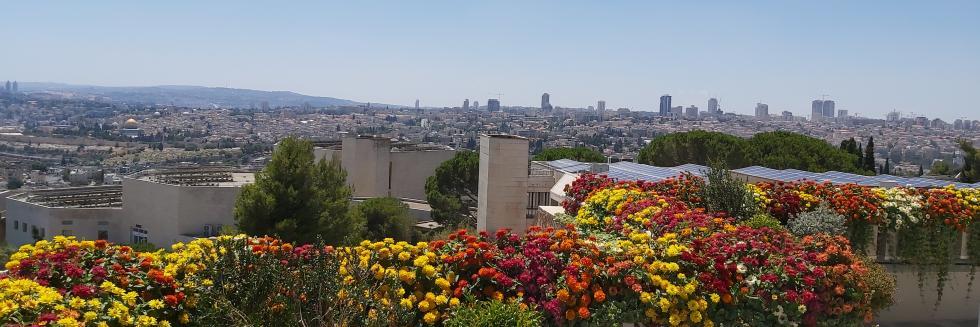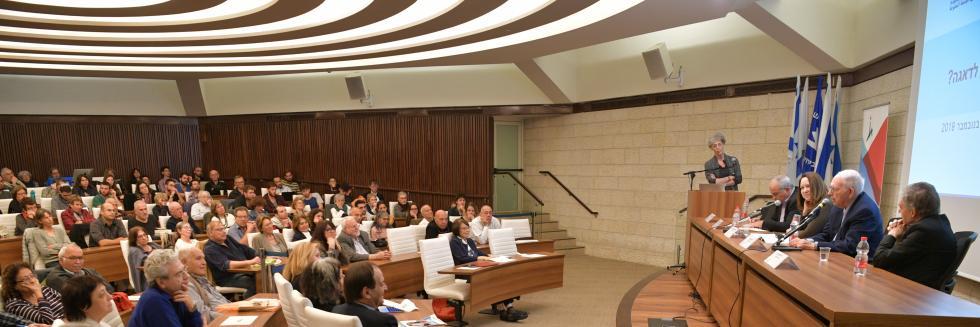Behind The Algerian-Moroccan Diplomatic Crisis: A Curious Brew of Regional, African, and Israeli Ingredients
Daniel Zisenwine
Last month’s Algerian announcement that it was severing diplomatic relations with Morocco further exacerbated longstanding tensions between these two North African nations. The Algerian decision caps months of heated exchanges between Algerian and Moroccan officials, along with military tensions that revived the prospect of armed conflict between them. The fraught bilateral relations between Algeria and Morocco stem from a general quest for regional hegemony, to more concrete rivalries concerning the disputed Western Sahara region. To be sure, the Algerian announcement doesn’t dramatically transform the regional landscape: the border between the two countries has been closed for decades, and the Algerian government emphasized that it would continue to provide consular services to Moroccan citizens. But this measure does indicate a further deterioration in North Africa, which carries broader ramifications that could affect regional stability and overshadow African diplomacy. Curiously, it also includes an Israeli angle concerning diplomatic ties between North African countries and the Jewish state. This paper discusses the recent developments, highlights their background, and the possible directions in which the current crisis could evolve.
The August 24 Algerian announcement of severing its ties with Morocco did not mince words. Algeria’s foreign minister, Ramdan Lamamra, accused Morocco of using software to spy on Algerian officials, supporting Algerian separatists, and above all failing to adhere to its commitments concerning the Western Sahara: “The Moroccan kingdom has never stopped its hostile actions against Algeria”. He further mentioned recent wildfires in Algeria, which he contended were ignited by separatists supported by Morocco. Morocco’s response to the Algerian announcement was far less combative and more measured, reflecting the kingdom’s growing confidence over its regional and international standing. The Moroccan foreign ministry regretted Algeria’s “unjustified decision” and asserted the kingdom would remain a “credible and loyal partner” to the Algerian people. Morocco so far has not demonstrated any urgency to restore ties with Algeria, or initiate a diplomatic process that would address the current crisis.
Behind this diplomatic spat lies a historic saga that has lasted for decades, fueled by recent developments that have increased tensions. Both countries have long vied for regional hegemony, but much of the conflict between them has played out over the Western Sahara region. The territory, which Morocco claims to be an integral part of the kingdom, has effectively been under Moroccan control since 1975. In the ensuing years, Algeria has supported the Sahara independence movement and its military wing, the POLISARIO, which opposes Moroccan rule. But in recent years, with dwindling economic and diplomatic capacities, Algeria has been unable to render significant support and finds itself in a weaker position. The pendulum appears to have swung in Morocco’s favor. A U.N. peace plan, which called for a referendum on the region’s future, has been in place since 1990. But the prospects for a permanent solution remain uncertain, as neither side has been willing to embrace any plan that won’t potentially yield a favorable result. Meanwhile, the international community has increasingly offered tacit support for Morocco’s position, supporting a pro-western country with strategic importance. The American decision to recognize Moroccan sovereignty over the Western Sahara in December 2020 further emboldened Morocco and enraged Algeria.
Beneath Algeria’s frustrations over the Western Sahara and regional diplomacy issues, lie a host of domestic issues. These have challenged the Algerian regime and undoubtedly affect its policy towards Morocco. Since 2019, the Algerian government has faced widespread public protests, initially calling for the removal of the country’s longstanding ailing president, ‘Abd al-Aziz Bouteflika from office. After achieving that goal, protestors began demanding a complete transformation of government, and the removal of the aging military backed regime (which has been in power since Algeria’s independence in 1962). Government efforts to contain the protests and bolster its legitimacy have not been successful. Last year’s general elections recorded a low voter turnout, reflecting public indifference, anger, and apathy. These sentiments were compounded by the government’s poor response to the COVID-19 crisis and the near collapse of Algeria’s health system as a result of the pandemic. Recent wildfires that proved to be difficult for the authorities to confront further enraged the public. Other longstanding political questions, including Amazigh (often referred to as the Berbers, or the non-Arab indigenous population the preceded the 8th century Islamic conquest) separatist demands continued to fester as well.
Against this backdrop, foreign policy failures may have been the final straw for the Algerian government. The U.S. decision to recognize Morocco’s sovereignty over the Western Sahara was a significant blow to Algeria’s regional standing. As part of the American diplomatic measure, Morocco agreed to restore low-level diplomatic ties with Israel, which were severed in 2000. This indirectly dragged Israel into the unfolding diplomatic drama. Algerian hopes that the new Biden administration would rescind the former Trump administration’s recognition of Morocco’s position in the Western Sahara have not been met. The African Union’s (A.U.) July decision to grant Israel observer status in the regional African Union, was viewed in Algiers as another blow to its declining diplomatic posture. Supporters of the A.U. decision asserted that Israel had a similar status in the Organization of African Unity, which transformed into the A.U. in 2002. Israeli foreign minister Lapid’s comments during a visit to Morocco last month regarding his “worries” about Algeria’s regional role further outraged Algerian officials. Algeria’s foreign minister contended that never before had an Israeli official criticized an Arab country on the soil of another Arab country.
Considering the above developments, Morocco so far has been rather dismissive of the Algerian protests, especially concerning its relations with Israel. Moroccan officials noted that Algeria previously refrained from criticizing other Arab countries that established relations with the Jewish state. Morocco appears to be increasingly confident over its regional role, and the tacit international endorsement of its position in the Western Sahara. Algeria remains mired in its domestic crisis, frustrated over its diminished regional influence, and aware of its inability to take action. But the current drama in North Africa is far from over. While Morocco remains confident in its ability to weather the crisis, Algeria’s future steps remain unclear. The possibility of the crisis further deteriorating to an armed conflict remains unlikely but cannot be completely ruled out. All this is unfolding in a region with strategic international importance, on the Mediterranean’s southern flank and at the northern tip of the African continent, and merits attention to the situation there.


















